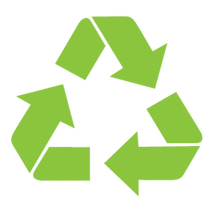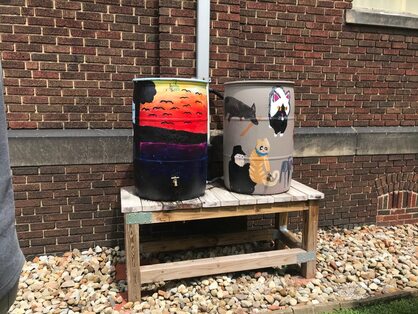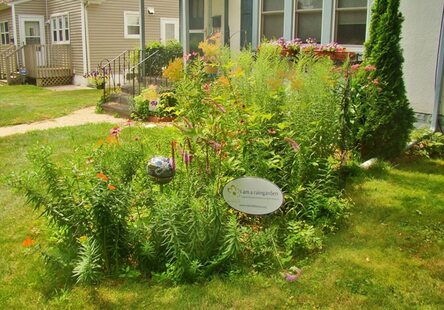 It's imperative that we recycle to reduce our wastefulness, but it is as equally important that we are recycling the correct items and in the proper way. A large percentage of people who frequently recycle throw mostly anything in the bin without giving it a second thought as to if it is truly recyclable or not. It may seem like a good idea to throw in those items that you are unsure of “just in case”. However, there is a secret that the recycling plants don't tell you. Only a small percent of what we ship off to be recycled ends up there. Alarmingly there has been over an 80% rise in the number of rejected recycling. So why is this and where does rejected material go? The “where” is easy. If materials can’t be recycled, they go to the landfill. The “why” is a more nuanced question to answer. However, in attempts to provide an answer we must first look at the process of recycling. In simplistic terms, recycling works in the following way: items are placed in a bin for recycling, those items are collected and sent to a recycling plant to be sorted, and lastly those sorted materials are sent off to a processor to be repurposed. Many things can go wrong in each step to throw off the recycling process. Typically, the mistakes happen in the first step, with us. We tend to throw away things that can’t be recycled or are “contaminated”. If there is an influx of materials that are not recyclable, recycling plants tend to send those shipments to the landfill even if there are recyclables in the mix. Additionally, if recyclables are contained within a plastic bag, the sorters will not open the bag to go through it. They will simply discard it. The best thing one can do is keep their recyclables loose in a bin. Another problem is the contamination of recyclables. This includes items that can’t be recycled, items that contain food residue, or broken glass. Once a recyclable has been contaminated, its overall quality is diminished. Why is the monetary value of recyclables important? The reason is because the recycling plant is not what is transforming the “trash” into products. This is the processor. If the processor sees little to no monetary value in the trash, then they won't buy it. China was the largest buyer of recyclables from the United States. Recently, China has put a ban on the export of recyclables into the country from the US, UK, and Australia. One of the main reasons for this decision is because too many of the recyclables had been contaminated and therefore decreased the return on investment for China. China requires a low contamination rate of 0.5 percent, however US recyclables reach upwards of a 25 percent contamination rate! After China stopped accepting our recyclables, the US could not keep up with the influx of recyclables and were unable to sell them. Faced with a product that isn’t selling, the recyclables are being trashed as many cities and municipalities are simply no longer recycling! So how can we prevent recyclables from ending up in the landfill??? Here are 7 recycling tips:
-Written by WCSWCD Intern, Josie Mitchell For more information about recycling around Warren County, visit: www.co.warren.oh.us/SolidWaste/ For a list of approved recyclables from Rumpke, visit: https://www.rumpke.com/for-your-home/recycling/acceptable-items Rumpke has also made a list of tips for consumers so that we can all work together to control our waste and reuse unwanted items:
19 Comments
In the last few years we have experienced record rainfall events. While rainfall (otherwise known as stormwater) is a natural occurrence, unfortunately our environment is not always in a “natural” state. In other words, we have developed areas such as roads, sidewalks, roof tops, parking lots and other impervious surfaces where stormwater does not have a chance to soak down into our soil. This stormwater becomes runoff and picks up pollutants from our lawns and streets (examples - vehicle emissions, oil residue, grass clippings, pesticides, leaves, and pet waste) and enters our lakes and streams by way of storm drains thus causing water pollution and impairments within our local bodies of water. Stormwater runoff is the number one threat to our water quality according to the U.S. Environmental Protection Agency. How can we help? Below are some simple management ideas that could be implemented within the landscape to help store and clean some of this stormwater thus lessening the amount of water entering our stormwater sewer systems.  Utilizing Rain Barrels Rain barrels connect to downspouts to collect rain water. The collected water can then be used to water gardens, and be used as grey water for washing outdoor items. Water collected from rain barrels is not for human consumption, however. Some of the other benefits of rain barrels include:
 Creating a Rain Garden Rain gardens are a unique feature that can be added to the landscape and is disguised as a flower garden. They have many benefits that include: providing wildlife habitat, providing nectar and pollen sources for pollinators, transforming rainfall runoff into a resource rather than a nuisance, and improving storm water quality as it is infiltrated and redistributed through soils. Rain gardens are purposefully located to maximize the amount of stormwater runoff that flows into the garden rather than off the property. It is important to note that it is not just a garden bed. Garden size, depth, slope, soil amendments and drainage all need to be considered before putting a shovel into the ground. Plants that thrive in your landscape and in southwest Ohio should be considered. Native plants are good choices because they tend to offer more benefits to pollinators and have better survivability in native soils. To help prepare your rain garden’s site, check out the following resources:
Before putting any of these water management strategies into place, please check local ordinances to make sure you understand what is allowable. For more questions regarding rain barrels and rain gardens, contact us! 513-695-1337. |
Details
Warren County SWCD Staff BlogA blog to keep you informed on all the latest news at Warren County SWCD and in the conservation world. Archives
May 2024
Categories
All
|
|
|
Contact:PHONE: (513) 695 - 1337
EMAIL: [email protected] HOURS: Monday - Friday 7:30am - 4:00pm (except holidays) Connect:Warren County Soil & Water Conservation District Copyright © 2016
Warren SWCD Privacy Notice. Emails are serviced by Constant Contact. Constant Contact's Privacy Notice. |


